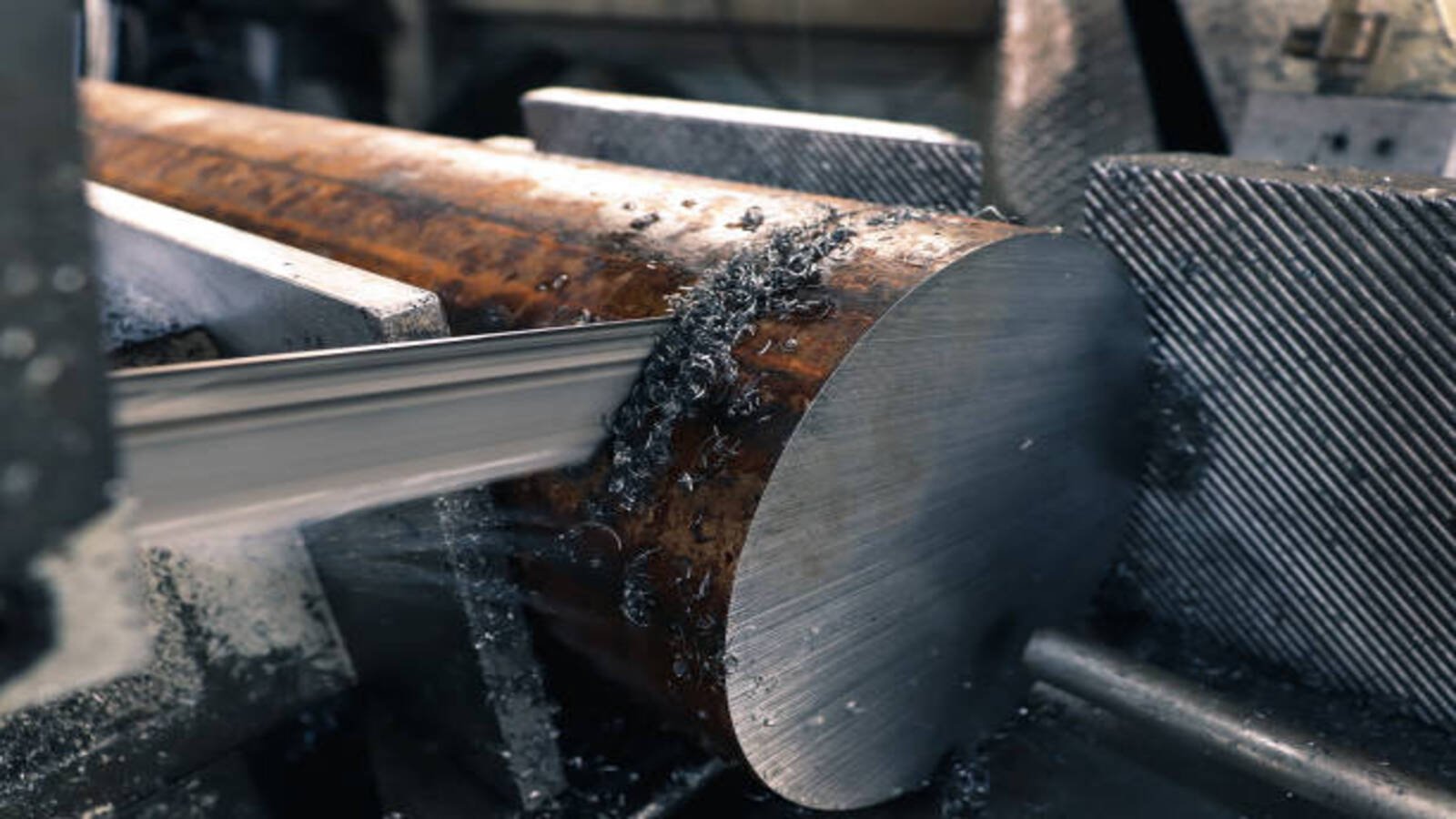The Advantages and Applications of Large-scale metal material processing for industrial use
Large-scale metal material processing for industrial use is a vital aspect of the modern manufacturing industry. Such processing methods are necessary for producing high-quality metal components and products in bulk quantities. In this article, we will explore the various aspects of large-scale metal material processing, its types, advantages, and applications in different industries.
Types of Large-scale Metal Material Processing
There are several types of metal material processing available for industrial use, including:
- Machining
- Stamping and Forming
- Welding and Joining
- Casting and Forging
- Extrusion
Each process has its own unique advantages and disadvantages and is best suited to a specific type of metal material and product design.
Advantages of Large-scale Metal Material Processing
Large-scale metal material processing offers numerous benefits, including:
- Increased Production Speeds
- Improved Product Quality and Consistency
- Cost-effective Manufacturing
- Reduced Labor Costs
- Efficient Material Use
- Customizability and Flexibility
- Environmentally Friendly Processes
Applications of Large-scale Metal Material Processing
Large-scale metal material processing is utilized in various industrial sectors, including:
- Automotive Industry
- Aerospace Industry
- Construction and Architecture Industry
- Electronics Industry
- Energy Industry
- Military and Defense Industry
It enables the production of different components, such as:
- Engine Parts
- Aircraft Components
- Building Materials
- Electronic Devices
- Wind Turbine Components
- Weapon Systems
Machining
Machining is the most common method of large-scale metal material processing. It involves the use of various cutting tools and machines to shape and create metallic parts. It can be done manually or by the use of Computer Numerical Control (CNC) machines. Machining is best suited for producing complex parts with accurate dimensions and high surface finish.
Stamping and Forming
Stamping and forming involve the use of mechanical or hydraulic presses to shape metal materials into specific forms. The process is used for producing large metal sheets, tubes, and wire products. Stamping and forming are efficient and can produce high-quality parts quickly and cost-effectively.
Welding and Joining
Welding and joining are vital processes in manufacturing metal parts. They involve the use of heat, fusion, or pressure to join two metal components together. The process is commonly used in the automotive and construction industry to join metal frames and structures. Welding and joining offer strong and durable connections that are essential in the industrial sector.
Casting and Forging
Both casting and forging are processes used to create metal parts. Casting involves pouring molten metal into molds to create complex shapes, while forging involves the use of heat and pressure to shape and form metal into desired shapes. The processes are used to produce large and complex parts that cannot be easily replicated by other means.
Extrusion
Extrusion is a process of compressing metal materials through a die to create long and uniform shapes. The process is commonly used in the automotive and aerospace industry to create complex components such as tubing and body frames. Extrusion offers excellent product quality and reduces material waste.
Conclusion
In conclusion, large-scale metal material processing is an essential process that enables the production of high-quality metal components and products in bulk quantities. It offers numerous advantages such as increased production speed, improved product quality and consistency, and cost-effective manufacturing. The various types of large-scale metal material processing such as machining, stamping and forming, welding and joining, casting and forging, and extrusion are utilized in different industrial sectors for the production of diverse components and structures.

